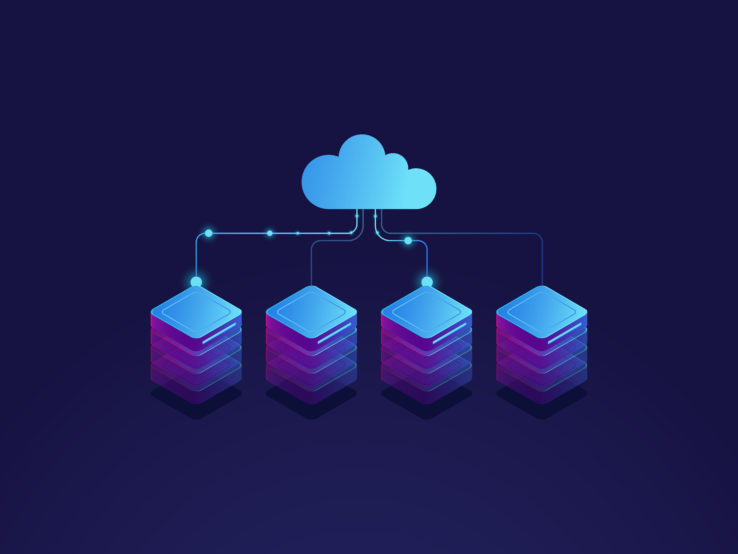Blogging is one of the most underrated side gigs. It has the potential to be a high-yielding income source—as much as 6 to 7 figures a year for some seasoned bloggers. Good news is, there are no barriers to entry. With the right mindset, work ethic, and passion, anyone can build a successful blog. Here are few tips to get you started.
Why would you want to start a blog?
There are many reasons to start a blog—a hobby to pass time, marketing for your business, making money and so much more.
Before starting, you want to map your success by having a clear answer to these few questions: What is a blog? Why am I making a blog? What tools will I need to create it?
Follow the checklist below as a guide.
Pick a Niche
A niche is a specific topic. Your niche can be anything from fitness, laundry machines, or life as a work-from-home parent. Picking a niche makes your blog cohesive and enjoyable because the content is tailored to that specific topic. Your audience will gain a sense of community and will return to your blog as their “go-to” website.
Remember these factors when picking a niche: Personal interest, topic popularity, and niche versatility (is there much to write about?). It’s wise to choose a niche that you’re interested in, you’ll write more enthusiastically and go into depth about your content. However, it’s okay to take on a niche you’re not familiar with, as long as you’re willing to learn and produce high-quality articles. For example; if you blog about E-commerce, there might be different software you are inexperienced with but want to write about. Use Google and other tools to conduct your research. You don’t have to be a pro at something to cover that niche.
- Popularity: Covering a niche that is popularly searched or “googled” will be beneficial for your blog. Different resources such as Wordstream’s Keyword tool can help you pick a niche based on popularity and level of competition. This step is important because it is the building block of your blog. Note: If you can’t decide on a niche, the best thing to do is just start.
- Niche versatility: Ok…so now you’ve started your blog. You’ve posted article 1, 2, and 3…but you’ve suddenly run out of ideas to write about. Choosing a versatile niche will give your blog longevity and room for successful growth. For instance, the “Finance” niche can be expanded to managing personal finances, banking, making money online, travel, budgeting, consumer products, and more. Notice how versatile and flexible this niche is.
Blogging platforms
You might have heard of companies such as Squarespace, Wix, WordPress, and others that can simplify building a blog. The most popular platform is WordPress.org. (WordPress.org is a free open-source platform for building websites. It should not be confused with WordPress.com (an entirely different platform). You must use WordPress.org.)
Why WordPress? WordPress is the largest content management system. An estimated 455 Million websites use WordPress, with 62% of the top 100 fastest-growing companies using the platform. Due to its versatility, plugins, themes, and features, it is hands down the best platform for blogging. WordPress websites look unique and have character because of the active community of developers. In addition, creating a website through WordPress means you have full ownership of it. Platforms like Wix or Squarespace might place restrictions or close your blog if it doesn’t meet certain rules. There are also many other advantages to using WordPress over other platforms.
To get started with WordPress, you will need a host and a domain name. Keep reading to find out more.
Choose a host
A host is a company that has a network of computers that stores information and websites. Choosing a good host is important to keep your website fast, reliable, and secure. Customer service is also very important when choosing a host. If you face technical difficulties on your site, you’ll be grateful to have immediate support to sort out the issue.
Write forever articles
As much as jumping on trends can be a great hit for your blog, try to write timeless articles. Focusing on trends only can mean some of your articles become irrelevant and have little to no web searches. For example, if you write about “10 ways to save money”, the article will still be relevant in the next 50 years because people are always finding ways to save money.
Give your brand an identity
Once your website is up and running, choose a theme that is cohesive with the message that you’re portraying. If you have a Tech site, choose a theme with elements, fonts, and graphics to go with the theme of Tech. You can also create a logo, a privacy policy page and a contact me page. Treat your blog like you would a business.
Marketing and SEO optimization
Optimizing your site for SEO is extremely important. This will help drive organic traffic to your site and in return boost your revenue.
After writing an article make sure to optimize your keywords for Google’s search engine. You can download a plugin called Yoast SEO to help you optimize an article.
Use Social Media to promote your articles and your website for free. Pinterest is one of the most popular social media platforms for bloggers. It can increase your traffic exponentially.
Monetize your blog
If you have good quality articles and a consistent schedule, the next step is to monetize your blog. There are many ways to do this.
- Google Adsense. Apply for Google Adsense and serve Ads on your website. Money will be earned when your audience views and click your ads.
- Affiliate Marketing. Is the process of advertising a product and receiving commission when the product is sold. There are many Affiliate networks such as Amazon Affiliates, Shopify Affiliates, and many more. Affiliate marketing is extremely lucrative, especially when you write about a product that people need information about.
- Sell on your site. You can sell books, tutorials, digital services or teach a course.
- Sponsorship deals. Different companies might want to work with you. They will pay you to review a product or to mention them in one of your articles.
Keep learning
Blogging is a never-ending journey. If you have the right mindset, tools, and knowledge, you will succeed.





















